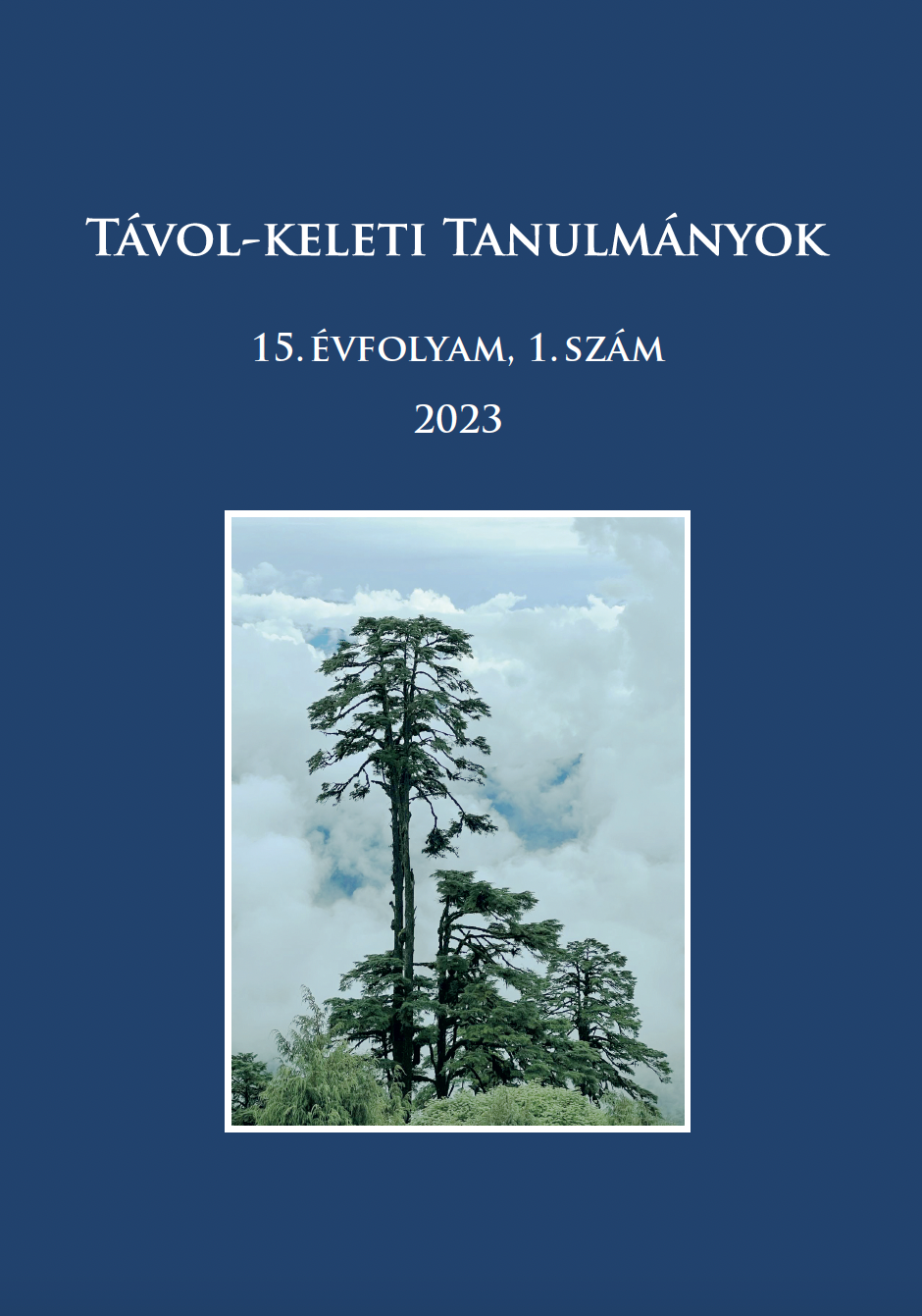Az „égi megbízatás” (tian ming 天命) „átértelmezése” és a „nevek” (ming名) funkciója : „Mencius”, avagy mégis inkább Mengzi – a konfuciánus „ortodoxia” képviselője a tianmingről 天命 és a mingről 名
The Mengzi on ‘Heavenly decree’ (tianming天命) and ‘name’ (ming名)
Author(s): András VárnaiSubject(s): Theology and Religion
Published by: Eötvös Loránd Tudományegyetem
Keywords: ‘Heaven’s entrusting’; ‘Heaven’s decree’ (tianming 天命); ‘humane governance’ (renzheng 仁政); fulfilling the duty of the junzi 君子; function of ‘names’ (ming 名); issue of Chinese terms; ‘nam
Summary/Abstract: Ancient Chinese texts that cover historical topics or transfer teachings of wisdom greatly honour the concept of 'Heaven's decree' (tianming 天命 or its variant ming 命). Heaven's decree is one of the referenced cornerstones of Confucian teaching, including in the Mengzi. According to Mengzi, ming命 does not simply refer to external circumstances, but rather reveals to us our ‘duty’: what we must do and what we must not do. This is in line with Mengzi's view that the task of governance should be performed by a suitable person ‘appointed’ by Heavenly decree, and the preparation for this, according to Kongzi's initiative, is that the goal of the noble-minded (junzi 君子) is to live and act in recognition of Heaven's decree.The ruler’s ‘entrusting’ (ming命) is the process of the Heavenly decree. The idea of the revocability of this entrusting is usually linked to the teaching of Mengzi (although it already appears in a text of the Shijing), because it is most clearly stated in his work that if the ruler proves to be unfit to rule, Heaven ‘entrusts’ another person who is truly qualified. This also means that rulers and superiors should be careful to avoid such revocation through proper governance. The thesis that appears in several places in Mengzi is actually meant to relate the reorganisation of the rule to the change of the ‘Heavenly entrusting’ in accordance with practice.In the period of the turn of the century, the question of the relevance of the use of language, namely of whether linguistic terms are able to clarify the relationship with reality, or whether there is a gap between the two, came to the foreground. If we examine Mengzi's understanding of names (ming名), its most important message is that ‘non-straightforward speech’ is harmful to governance and the conduct of affairs. When terms are defined and clarified, the whole system of thought gains a solid foundation, since it ‘prescribes’ ‘humane governance’ (renzheng 仁政).
Journal: Távol-keleti Tanulmányok
- Issue Year: 15/2023
- Issue No: 1
- Page Range: 183-227
- Page Count: 45
- Language: Hungarian

